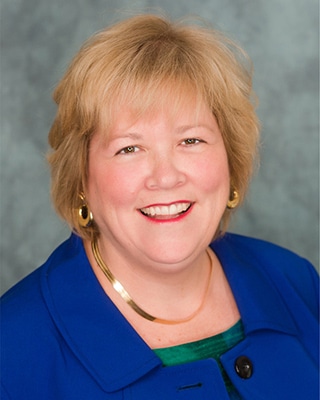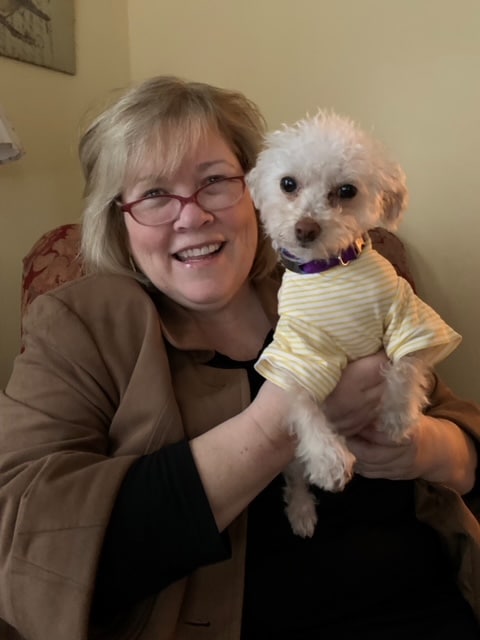I started out with healthcare matters, but over the years have worked on all types of cases, including education, pharmacy, corporate, suspension & debarment, global, antitrust, and utilities.
AMI took on an interesting matter in the world of higher education a few years ago. A Financial Aid employee fraudulently assigned federal loans to many students who did not request them or, in some cases, even know about them. The college stepped in to repay the affected individuals and AMI was engaged to oversee the fair distribution of the restitution payments. We corresponded with and talked to hundreds of (at that point) recent graduates in a very personalized and tailored process.
In a global case, AMI was brought in to look at the ethics and compliance program – and culture – of a U.S.-based organization that provided aid in highly troubled areas of the world. I traveled with Don Stern to Bogota, Colombia where we assessed a program that worked with families who were displaced by internal conflict within the country. We found the staff felt only loosely connected to headquarters, but had independently established and maintained solid ethics and compliance practices. It was particularly interesting for us to see how the program we visited differed from and was similar to the programs our colleagues visited in Africa and the Middle East.
WE ARE AFFILIATED MONITORS
Each month we'll introduce you to a member of the Affiliated Monitors team.
Learn more about AMI through the expertise, experience and outside interests of our employees.


Catherine Keyes
Ms. Keyes completed her undergrad studies at Boston College and got a law degree from Case Western Reserve University Law School.
In which of AMI's service areas have you worked? What are some of your most interesting cases?
What aspect(s) of AMI's work are you personally most passionate about, and why?
I think the remediation that we facilitate is unparalleled. Our work with healthcare practitioners, for example, is a constant reminder that many folks fall into non-compliance because they don’t know how to be compliant. We help them make the leap between what they have learned in a continuing ed class and what they need to do in their own offices. And I am passionate about it because successful remediation allows individuals and companies to remain open AND our oversight gives the governing agencies an ongoing view of the enterprises.
In what ways does your personal expertise complement our services?
Before joining AMI, I had a lot of other jobs and I believe all of them have influenced my approach to this work in one way or another. For example, I have been lucky to work for some great managers who discussed and demonstrated integrity, which showed me that it’s possible for leaders to foster a culture of ethics and compliance that has much more “stickiness” than the employee handbook. In my first day on the job at the Registry of Motor Vehicles, an employee was arrested for running a side-business of selling licenses to people with fraudulent documentation. The Registrar used the opportunity to talk to staff about the challenges and temptations of working in the public sector, and the importance of integrity.
As another example, I studied health law in law school, but I have also worked on both the provider side and the regulatory side of healthcare. These combined experiences have given me insight into how confusing it can be to businesses of all sizes to comply with laws and regulations that are intended to protect the public.
“I am passionate about it because successful remediation allows individuals and companies to remain open AND our oversight gives the governing agencies an ongoing view of the enterprises.”
Based on your experiences, what would you like prospective clients to know about AMI?
While there are many aspects of monitoring that we have honed in more than 15 years of practice, we continue to tailor our services for each engagement. The individualized approach might mean we call on our clients to help us determine an efficient way to monitor an unusual aspect of their business. It also means that our clients are involved in our assessments and monitorships from outset to conclusion. I think this is one of the keys to our long-term success.
Do you teach and/or conduct seminars, speak at conferences, or serve on boards?
I taught health law in a paralegal program at Bentley College for a few years. Recently I agreed to serve on the advisory board of an organization that is researching the long-term health effects of burn pit exposure on veterans. The group’s goal is to see that veterans receive appropriate recognition of their illnesses as service-related and receive proper treatment through the VA system.
What interests do you have outside of work?
I just hit my 25th anniversary as a member of my church choir, where I sing and also help with key administrative functions, such as party-planning. I stay connected to my alma mater, Boston College, as a football fan, fundraiser and reunion committee member, among other things. And, I got a dog – my first ever – at the start of the pandemic. He is a 5-lb Maltipoo and he is a ray of sunshine.

Catherine with her Maltipoo, Frankie.


